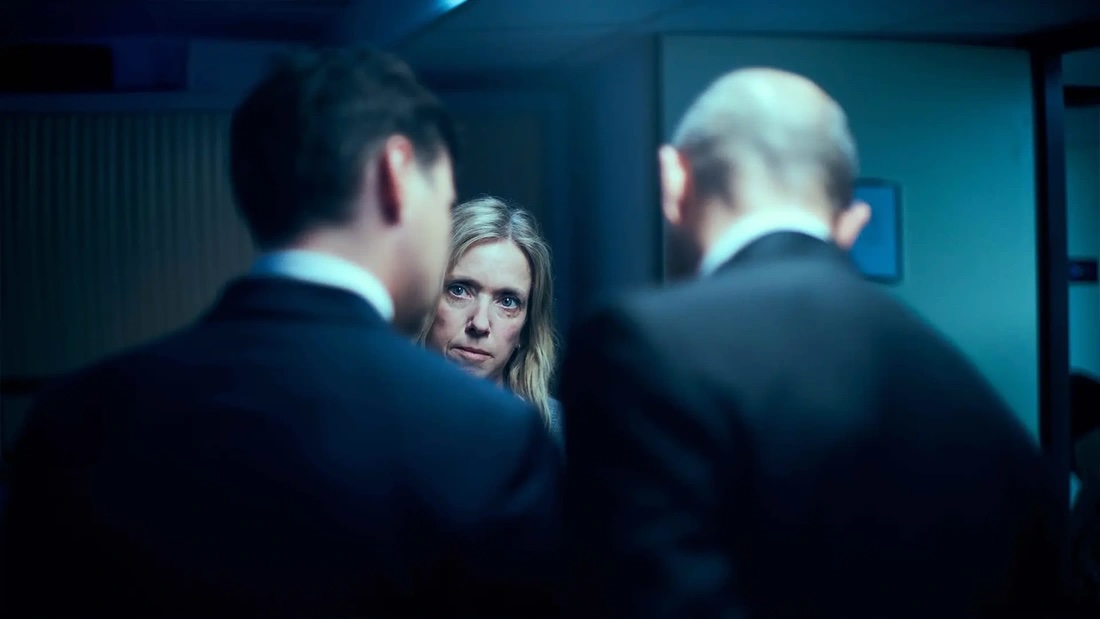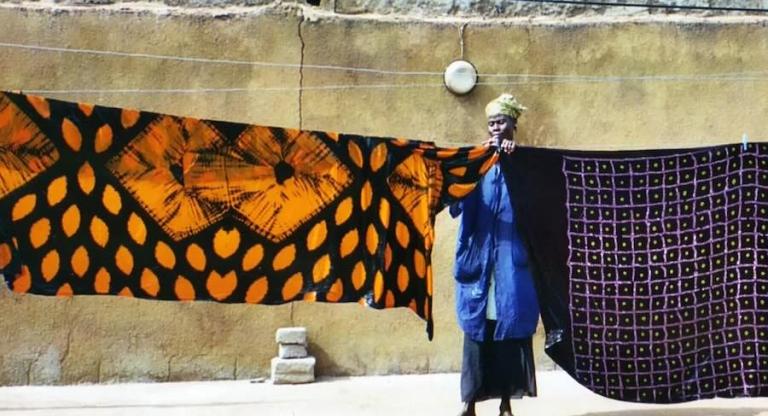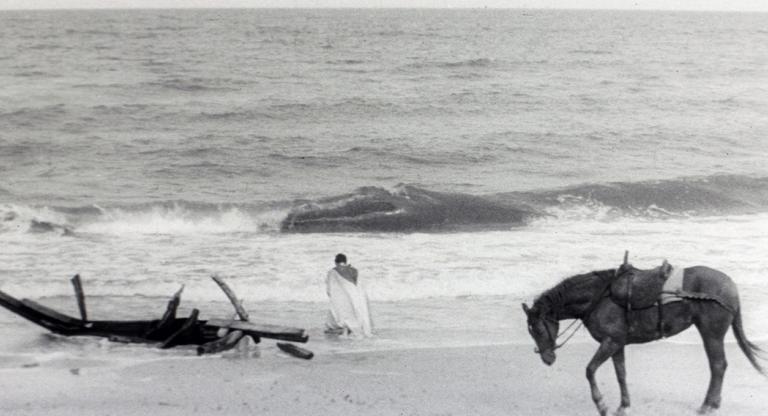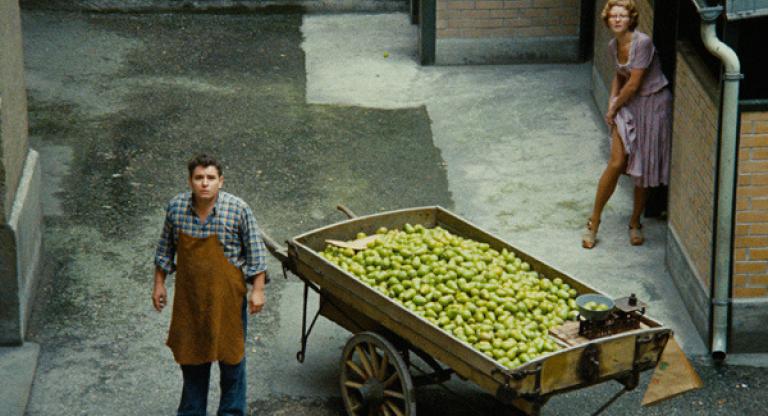The thing one faults in a film like Case 137 (2025), directed by the French-German filmmaker Dominik Moll, is a peculiar kind of hedging. A young man is left disabled by a shot to the head from an unknown officer of the French riot police during the recent Yellow Vest protests. His case is taken up by the internal department responsible for investigating allegations of police brutality. His mother insists to the prosecutor (Léa Drucker) that he was merely a bystander who only attended the protest out of a sense of solidarity, a claim confirmed by footage uncovered over the course of the investigation. Meanwhile, the officers, sick of the torment they receive, work together to obstruct the case—an action that, the prosecutor laments, discourages good cops from staying in the force. To that end, the film operates on the basis of the exclusion of two perspectives: that of the Yellow Vests themselves, mostly relegated to the film’s sidelines, on the one hand; and of the “good cops,” never seen, on the other. The exclusion of the former concerns the victim, against whom his innocence is ultimately defined (he does not throw debris at the riot police, and therefore he should not have been beaten.) The exclusion of the latter—implied, but never shown in the film to exist—stabilizes the film against any accusation of incitement, even when it acknowledges racial disparity in the prosecution of police brutality. Thus, what we’re left with is a wishy-washy result, unable to commit one way or the other.
What becomes clear is that the real point of interest for Moll is neither to defend the protests themselves, sympathetic though he might be, nor even necessarily the cause of social justice as such, so much as the technological apparatus responsible for determining justice. His previous film, The Night of the 12th (2022)—which received the César award for Best Film and for which he received an award for Best Director, his second—was adapted from a lengthy non-fiction account of the police investigation into the murder of a teenage girl. Much is made in this new film of the bureaucratic processes for procuring justice. The detailing of the forensic analysis of the crime scene, composited out of maps, cellphone videos, and surveillance footage, brings to mind the similarly granular procedural elements of Fritz Lang’s M (1931). And like in Lang’s films, the question around which all of this circles is the perennial question of political filmmaking, namely the value of images to the enactment of justice. Is there a just image, or are there just images: this is the question that all films dealing with contemporary protest movements need to address. We need not agree with Moll’s answer to admire the posing of the question.
Case 137 screens this Saturday, October 4, and on October 12, at the Smith Rafael Film Center and BAMPFA, respectively, as part of the 2025 Mill Valley Film Festival.





